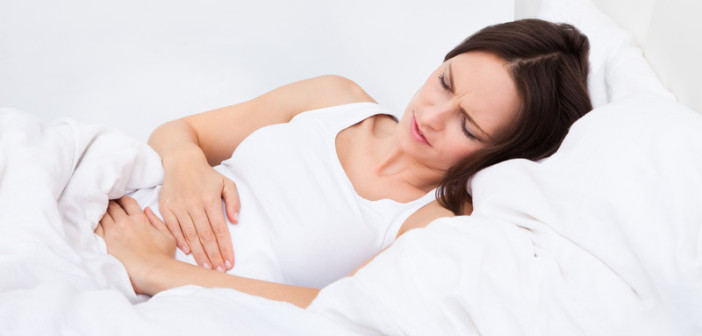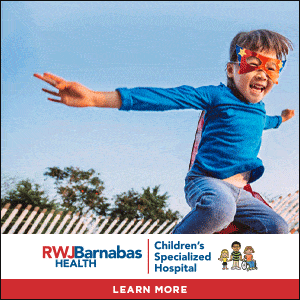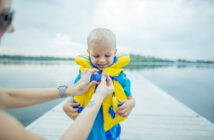You’ve likely heard the recent news that as many as 42 people became ill with E. coli after eating at Chipotle restaurants in Oregon and Washington. In a voluntary move by the company, Chipotle restaurants across the two states have remained closed as a precaution since the outbreak was identified. State health officials outlined the steps the 43 closed establishments must go through before reopening. They include disposing of all food items, sanitizing each facility and bringing in all new food. Menu items identified as high risk will be tested before being sent to restaurants and all fresh produce will be carefully rinsed and sanitized.
Symptoms of E. coli infection include diarrhea, abdominal cramps, nausea and vomiting and usually begin two to eight days after a person has been exposed to the bacteria. Symptoms typically last a week and while unusual, some cases may lead to hemolytic uremic syndrome, or HUS, which is a type of kidney failure. In rare cases, death may occur.
According to the New Jersey Department of Health, a person becomes infected with E. coli by swallowing the bacteria. This can occur when an individual eats food which has become contaminated with E. coli, most frequently from undercooked ground beef. Transmission also can occur directly from person-to-person in families, child care centers and custodial institutions.
There have been major outbreaks in New Jersey state before, including one that sickened over 30 people, two critically almost a decade ago. The 2006 outbreak was traced back to lettuce from the Taco Bell restaurant chain and the most serious cases involved two New Jersey children who developed HUS.
Protect yourself by following these precautions:
♦ Do not eat undercooked ground beef.
♦ Do not swallow water from pools, ponds, lakes, or water parks. Do not swim in a pool, pond, lake, or water park if you have diarrhea.
♦ Do not make food for others if you have diarrhea.
♦ Wash all fruits and vegetables before you peel, slice or eat.
♦ Wash hands with warm water and soap after changing diapers, using the toilet, and touching animals or their droppings.
♦ Follow directions from public health officials on what foods to avoid during an outbreak.
If you experience any symptoms of Ecoli, contact your healthcare provider as soon as possible.










